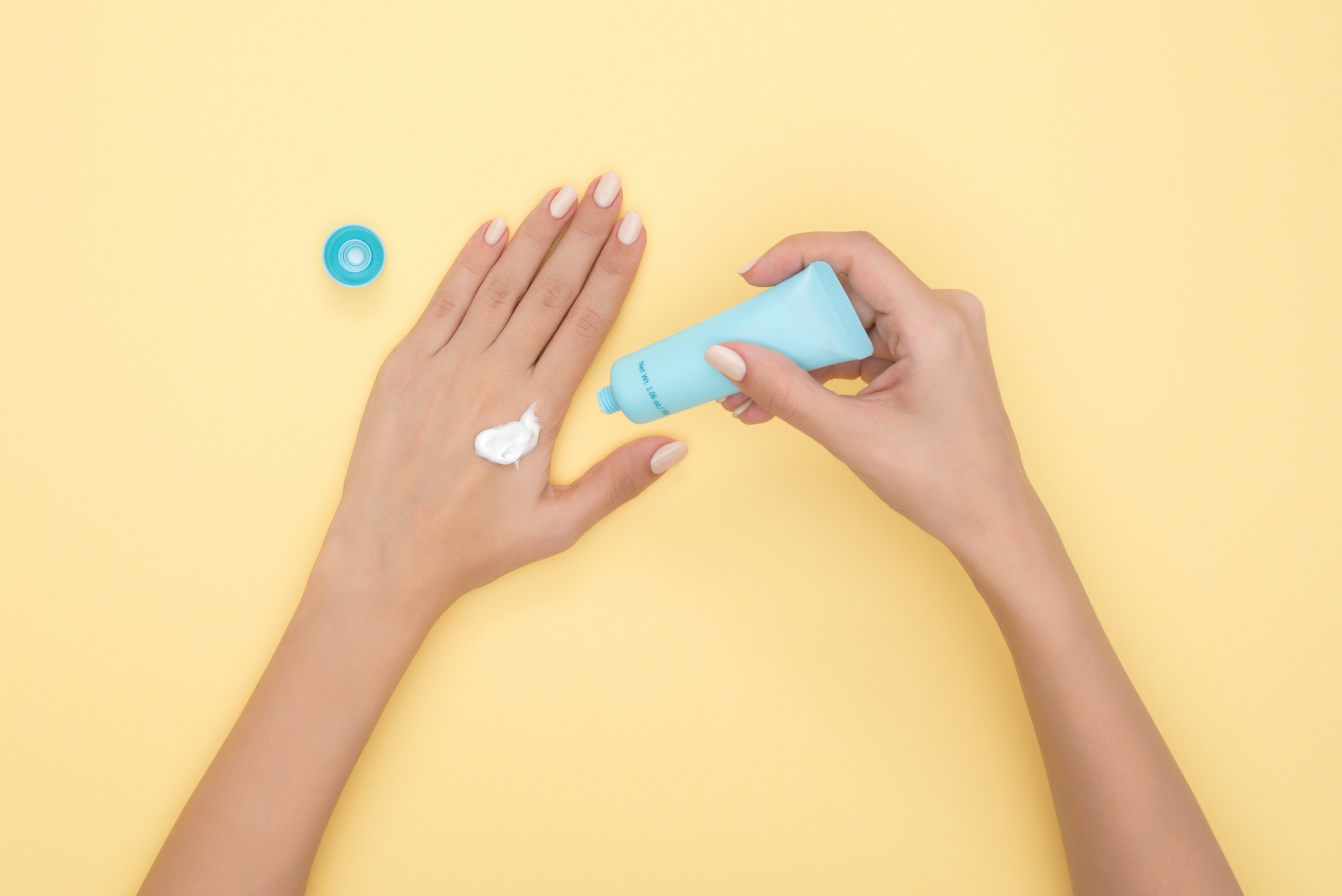
The biting-cold weather can be tough on your skin. It can make your skin dry, flaky, cracked, and even inflamed. Additionally, to take care of these issues, you apply lotions, creams, and sunscreens that can clog the pores of your skin. That’s why it is important to take into consideration your skin’s requirement to breathe, especially during the winter. Daily skincare products and cosmetics shouldn’t cause too many problems if you’re using the right items. However, occasionally allowing your skin to breathe is absolutely beneficial. So how do you let your skin breathe?
What It Means to Let Your Skin Breathe?
To begin with, let’s be clear that your skin does not actually breathe. The oxygen in the blood provides it with nutrition. When someone says they want to give their pores a break from product build-up, they are often referring to letting their skin breathe. If you don’t occasionally let your skin breathe, you won’t experience anything seriously harmful for your skin health. But you can develop aggravating skin issues like more acne, greasy or dry skin, and even more wrinkles.
Why is It Important for Your Skin to Breathe?
Letting your skin breathe can bring numerous benefits. Some of which includes:
When the skin pores are less clogged, they can absorb skincare products in a better way leading to better results.
Your skin gets the opportunity to return to its natural pH levels, which can assist with dryness or oiliness issues.
Your skin also gets the chance to recover from any irritation that may result from makeup products.
Based on the makeup brand you’re using, you’ll be lessening the number of toxins you’re putting on your skin.
Ways to Let Your Skin Breathe Hydrate
Maintaining proper hydration is crucial for learning how to achieve clear skin as well as for the health of your body. You may hydrate your skin in many different ways, such as by applying a moisturiser or by drinking more water. In the search for soft, glowing skin, hydration is essential. Hydrating your skin allows it to breathe because drinking water increases the amount of oxygen that enters your body. The process of providing oxygen to every cell in your body, including the outer layers of the skin, depends heavily on water.
Go Make-Up Free
Letting your skin breathe is one of the most crucial aspects of learning how to obtain clear skin. Take one day per week where you don’t put anything on your face, not even facial creams or cosmetics. Your skin will be able to breathe and receive a much-needed break from pore-clogging products as a result. This is crucial for people who have sensitive skin or are prone to breakouts because the accumulation of oils and chemicals in makeup can result in blotchiness or acne. If you wear makeup less frequently, your skin may become clearer to the point where you use less concealer. Even if you wash your face frequently during the week, you could unintentionally leave behind makeup residue. For this reason, going makeup-free for a day or two a week will keep your skin looking its best.
Cleanse
When learning how to achieve clear skin, cleansing is the most crucial daily action you can take. Your skin’s long-term health, tightness, and texture are determined by how well you take care of it. That means removing the makeup and other co
smetics we use on a daily basis is crucial to maintaining the brightness and health of our skin. Make sure to thoroughly clean your skin before going to bed and every morning when you get up. If you often exercise, it’s crucial to clean your skin afterwards because sweat and germs can accumulate on the skin.
Exfoliate
Exfoliation is a crucial step in achieving clean, healthy skin that can breathe. While cleansing every night is vital to get rid of the build-up on your skin and unclog your pores from oil, dry skin, and makeup, it doesn’t completely fix the issue. When using methods to acquire clear skin, exfoliation should be a part of your beauty regimen at least once per week. By doing this, you can rejuvenate your skin by eliminating any dead skin cells.
Conclusion
You’ll look and feel younger and fresher by letting your skin breathe, which will also help prevent any unwelcome skin issues. To provide your skin with the resources it requires to breathe and regenerate, make sure you are adhering to a proper skin care programme that includes washing and exfoliating. In order to have beautiful skin, it’s also crucial to practice adequate nutrition, which includes eating a balanced diet, staying hydrated, and consuming natural vitamin supplements.
Dr Dimple H Doda is an MBBS. MD (skin) Consultant Dermatologist, Trichologist and Dermato Surgeon.















